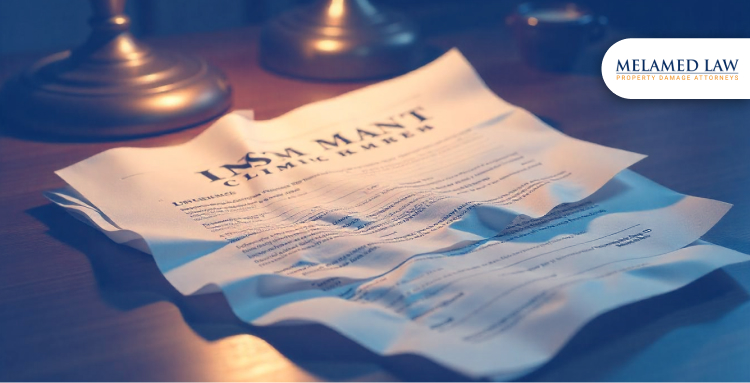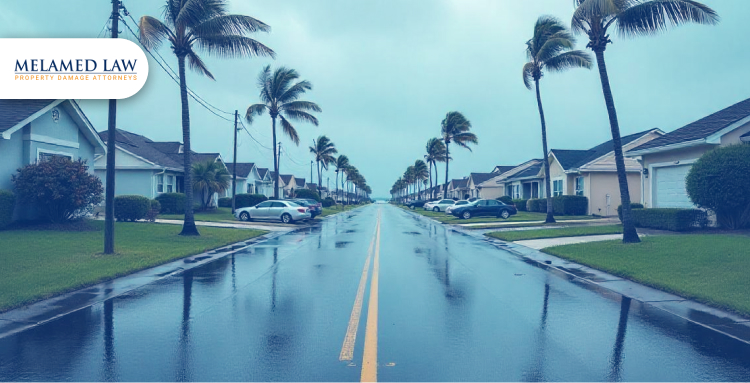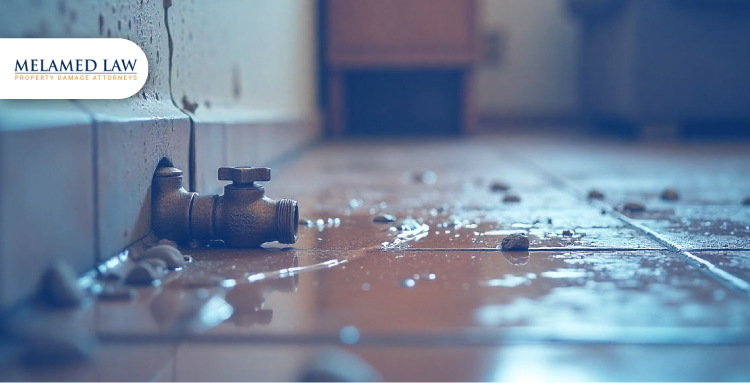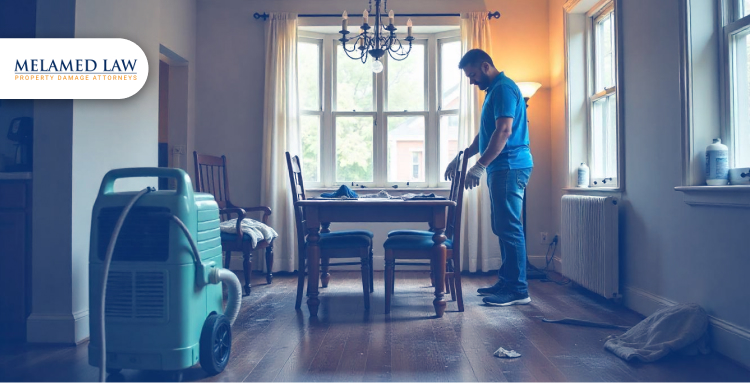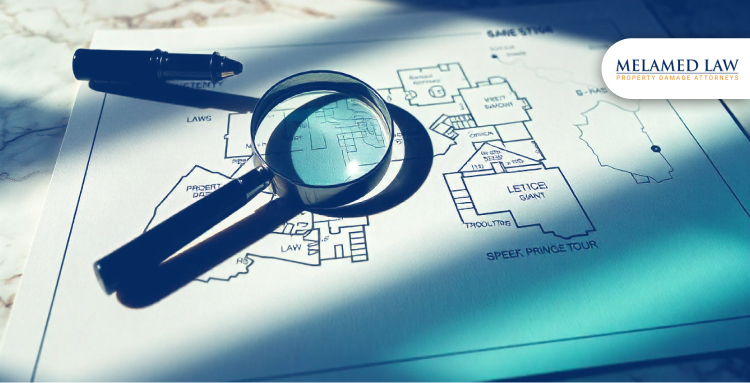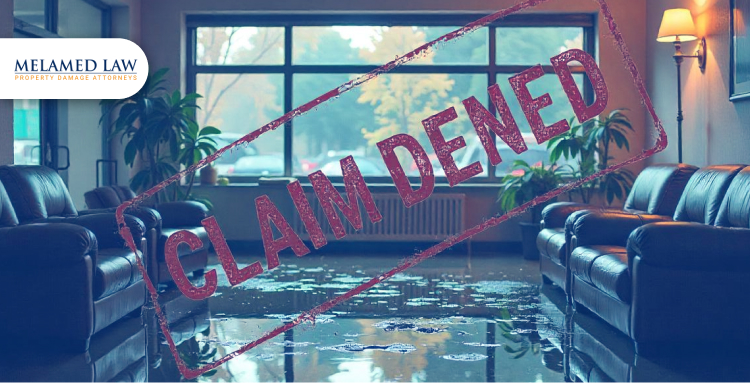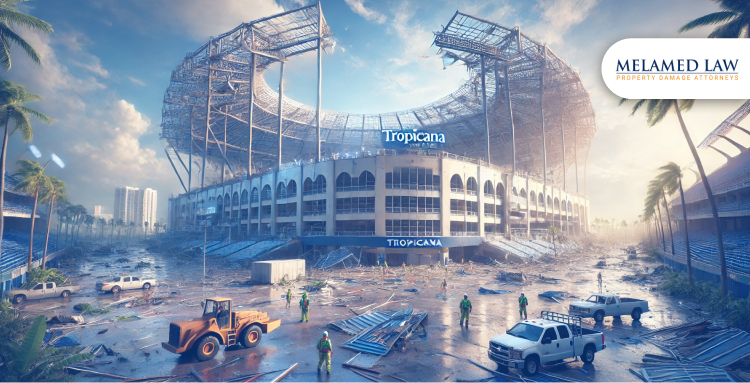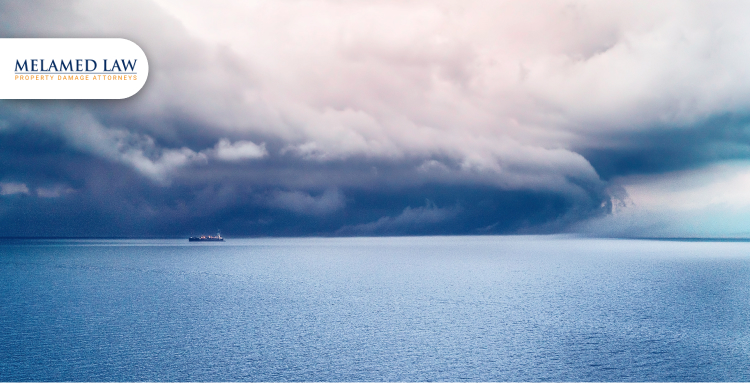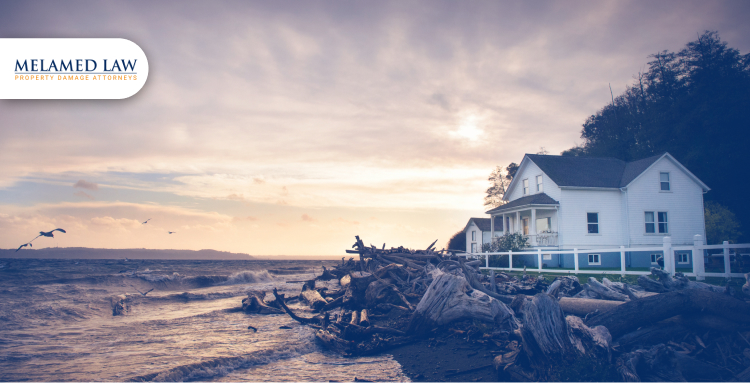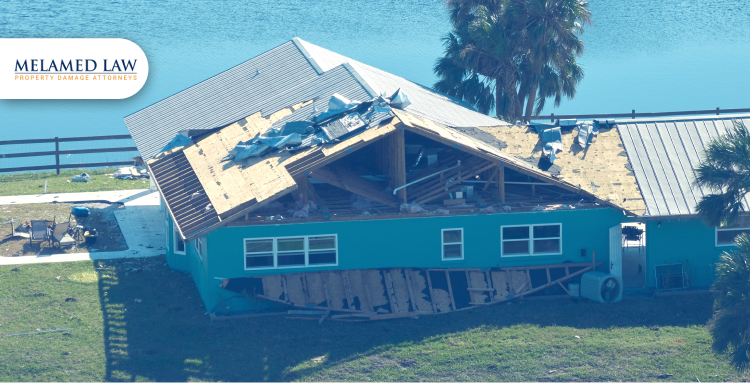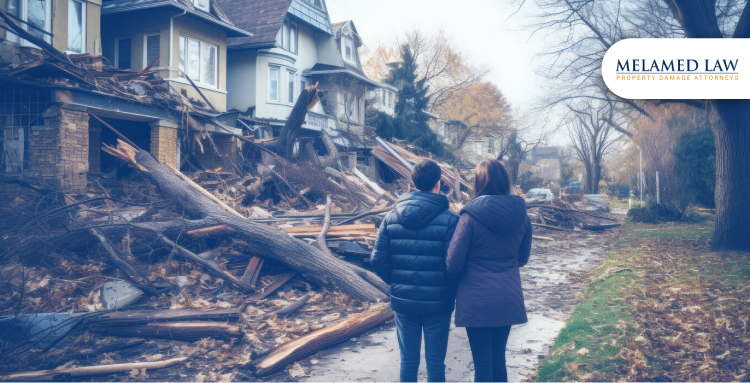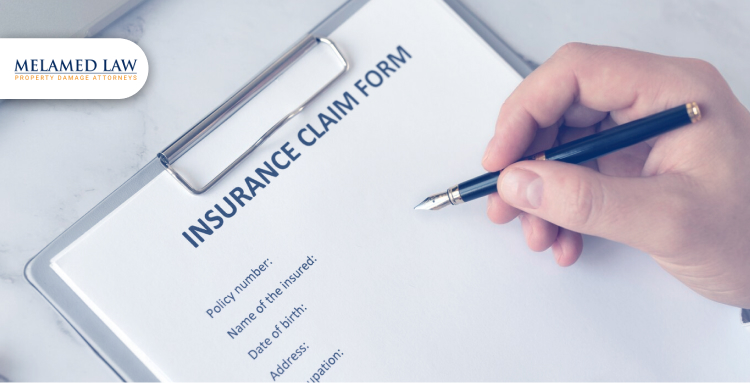
How does hurricane insurance coverage differ from standard homeowners insurance policies?
When the unexpected happens, we help individuals and businesses collect the money they deserve for their insurance claims.
Property Damage
January 14, 2025
How does hurricane insurance coverage differ from standard homeowners insurance policies?

As a homeowner in Florida, preparing for hurricane season is more than just stocking up on supplies—it’s about ensuring your home and belongings are properly protected. While standard homeowners’ insurance provides essential coverage for a range of risks, it may not fully shield you from the unique and devastating impacts of a hurricane. With powerful winds, torrential rains, and the threat of flooding, it’s crucial to understand the differences between your basic homeowners’ policy and hurricane-specific coverage.
Let’s break down the critical distinctions, helping you feel confident that your home and belongings are covered—no matter what nature throws your way.
1) What is Standard Homeowners Insurance?
Standard homeowners insurance offers a sense of peace in everyday situations by protecting your home and belongings from a variety of risks. It typically covers damages from incidents like fire, theft, vandalism, and liability for injuries that occur on your property. For instance: If a tree falls on your roof during a storm, or if a neighbor is hurt while visiting, your homeowner's policy can step in to help cover repairs and medical expenses.
However, when it comes to hurricane season, things get a bit more complicated. While standard policies often include coverage for wind damage, they may not provide the full protection you need if a hurricane directly impacts your home. In many cases, standard homeowners insurance won’t cover damages specifically caused by a hurricane, such as severe windstorms or flooding from storm surges.
2) What is Hurricane Insurance?
Hurricane insurance is specifically designed to protect your home from the destructive forces of a hurricane, including the powerful winds and torrential rain that often come with these storms. This specialized coverage, unlike standard homeowners insurance, specifically targets hurricane-related damage to safeguard your property during these high-risk events. Typically, it safeguards your home against wind damage, structural damage, and storm-induced rainwater intrusion.
In many hurricane-prone areas, such as Tampa, this coverage doesn’t come automatically with a standard homeowners policy. Instead, hurricane insurance is often purchased as an add-on, separate rider, or even as a standalone policy. This means you'll need to ensure you have the right coverage in place before the storm season arrives.
3) Foremost Differences Between Hurricane Insurance and Standard Homeowners Insurance

Wind Damage Coverage
When a powerful storm like a hurricane rolls through, wind damage is one of the most common and costly types of destruction.
Standard homeowners insurance typically includes coverage for general wind damage, such as the damage caused by a regular storm or fallen trees. However, when it comes to hurricanes, the coverage can be more limited. Many homeowners find that damage caused by hurricanes—particularly high winds—may be excluded or subject to special restrictions, such as lower payout limits. This could mean that significant damage to your roof or windows during a hurricane might not be fully covered, leaving you responsible for more of the repair costs.
hurricane insurance is specifically designed to handle the unique risks associated with these severe storms. It covers wind damage caused by hurricanes, including the violent gusts that can tear off shingles or send debris flying. While hurricane insurance provides more comprehensive protection for wind-related damage, it often comes with its own set of rules, such as a separate hurricane deductible.
Flood Damage
One of the most devastating effects of hurricanes is the flooding that often follows, particularly from storm surges and heavy rainfall.
Standard homeowners insurance, while offering protection for many types of damage, does not include coverage for flood-related issues. This means that if your home is inundated with water due to rising tides or heavy rains, you could be left with significant repair costs—nothing more than your standard policy to help.
Hurricane insurance, however, addresses this gap by focusing specifically on damages caused by hurricanes, including the potential flooding that comes along with them. But here's the catch: while hurricane insurance may provide coverage for wind damage, it typically doesn't cover flooding on its own.
For full protection, homeowners in flood-prone areas, like Miami or the Florida Keys, often need to purchase a separate flood insurance policy. This policy is designed to protect your home from water damage, whether it’s caused by storm surges, overflowing rivers, or heavy rain.
Deductibles
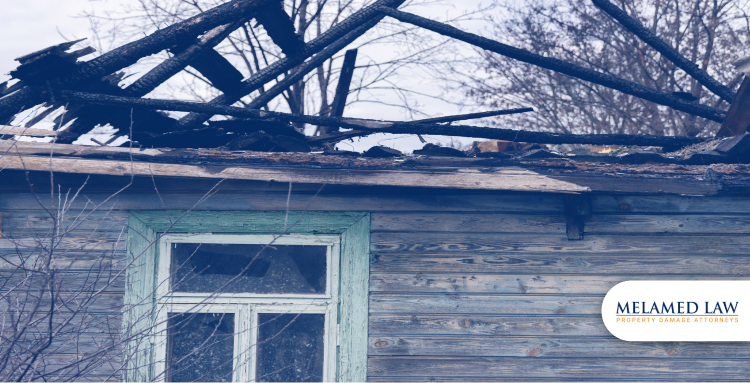
In the context of insurance claims, a deductible is the portion of costs you are responsible for paying before your insurance coverage applies.
With standard homeowners insurance, the deductible is usually a flat amount or a small percentage of your home’s insured value. For example, if your home is valued at $300,000, a standard deductible might be $1,000 or 1% of the home’s value, meaning you would pay that amount before your insurance pays the rest for repairs or replacements.
However, with hurricane insurance, the rules change. Since hurricanes are considered high-risk events, this type of insurance typically comes with a higher deductible, often calculated as a percentage of your home’s insured value (e.g., 2-5%). For example, if your home is insured for $300,000 and your hurricane deductible is 3%, you would need to pay $9,000 out of pocket before your hurricane insurance would cover the damage.
Coverage for Additional Living Expenses
When a disaster strikes and your home becomes uninhabitable, one of the most immediate concerns is where you’ll stay and how you’ll manage day-to-day life.
Standard homeowners insurance often includes coverage for additional living expenses (ALE), which helps pay for temporary housing, meals, and other necessities while your home is being repaired. However, this coverage is usually not tied to specific events, meaning it could apply in any situation where your home is unlivable—whether it's due to a fire, theft, or another covered incident, but not necessarily limited to the damage caused by a hurricane.
Hurricane insurance takes this a step further by offering coverage for additional living expenses directly tied to hurricane-related damage. Your hurricane insurance can cover costs like temporary housing, food, and even transportation if a hurricane severely damages your home and forces you to relocate.
4) Exclusions and Limitations
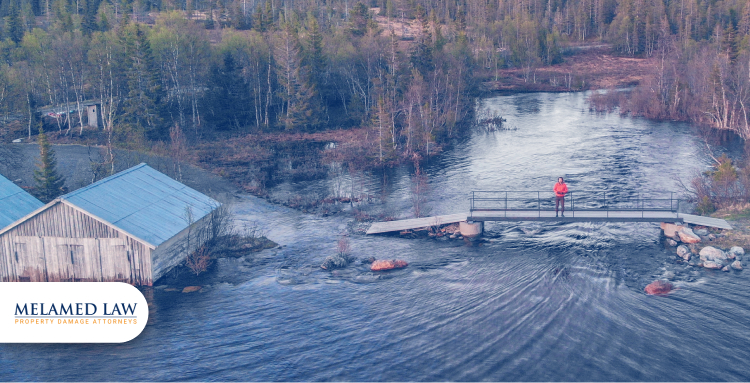
Both standard homeowners insurance and hurricane insurance offer essential protection, but they come with exclusions and limitations, particularly when it comes to severe weather events like hurricanes.
Standard homeowners insurance typically excludes flood damage, which is a common risk during hurricanes, along with other natural disasters like earthquakes or landslides. Homeowners in flood-prone areas or near fault lines need additional coverage, such as flood or earthquake insurance, to fill these gaps.
Hurricane insurance may not cover secondary damage from events like earthquakes, mudslides, or civil unrest, but it does cover damage from wind, rain, and storm surges caused by hurricanes.
Choose The Best Policies With Melamed Law
In Florida, understanding the differences between hurricane and standard homeowners insurance is vital for protecting your home. Standard policies typically cover risks such as fire, theft, and general wind damage, but they often exclude hurricane-related threats like flooding and may limit wind coverage. Hurricane insurance specifically covers these risks, though it typically has higher deductibles and exclusions for secondary damage like earthquakes.
For comprehensive protection, especially in hurricane-prone areas, having both types of coverage is essential. At Melamed Law, we guide homeowners through the complexities of insurance, offering personalized advice to help you understand your options and fill any gaps in your coverage. With our expertise, you can confidently prepare for storm season and fully protect yourself. Reach out to us for a free consultation, without worrying about money. You only pay us when we give you a win.
Recent Cases
